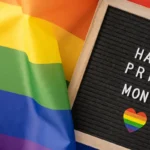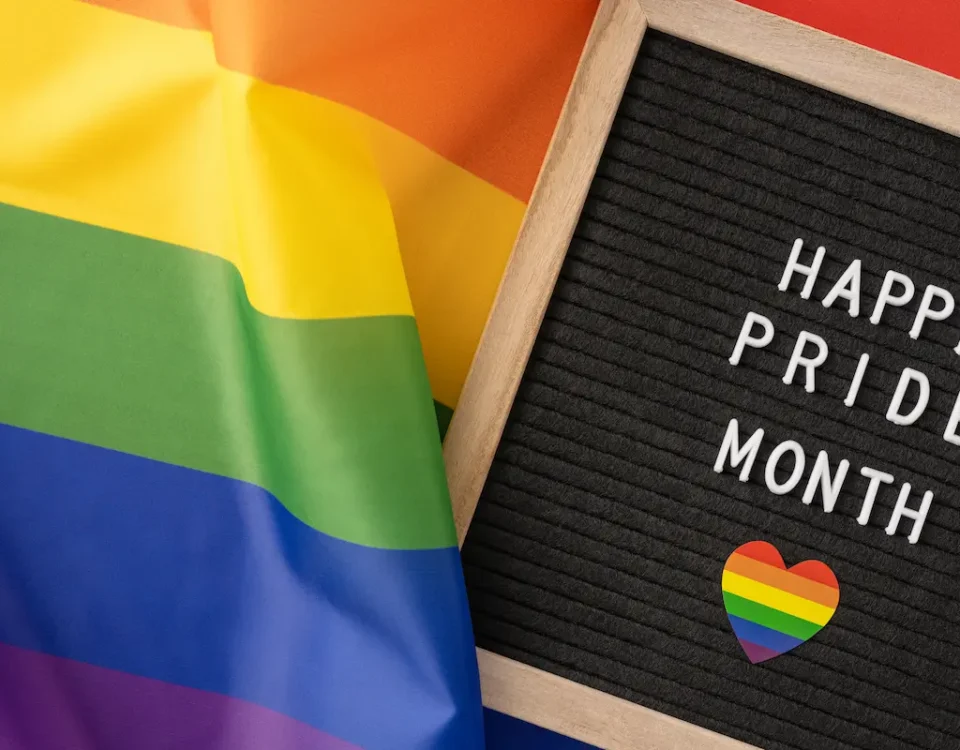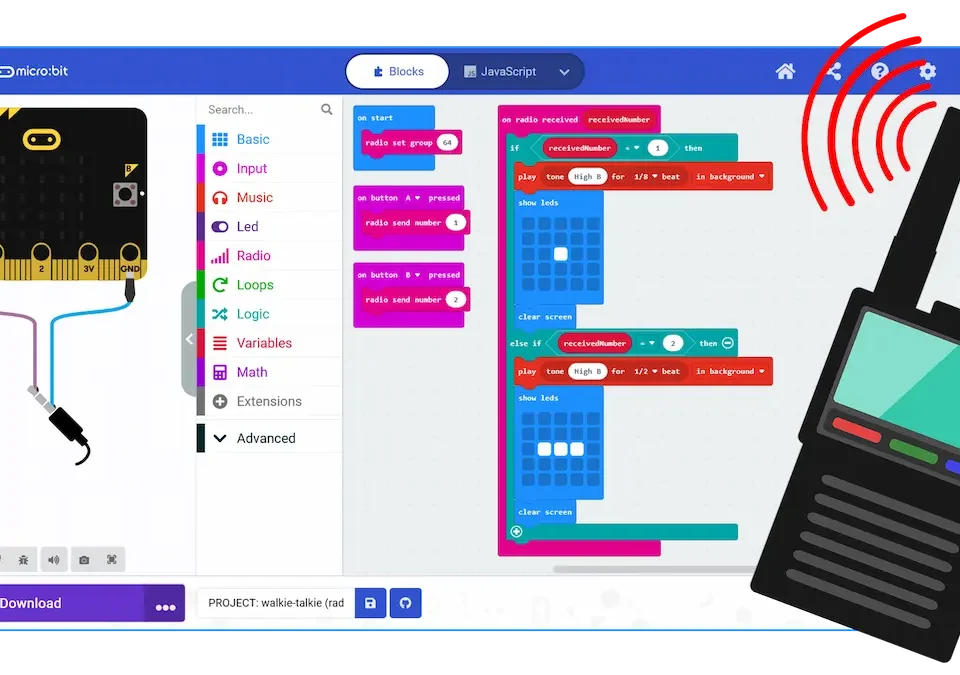
Think Like an Engineer: Celebrating International Women in Engineering Day
June 1, 2025
STEM With Pride: Celebrating LGBTQ+ Innovators and Inspiring Inclusivity
June 12, 2025Each year on June 19, communities across the United States observe Juneteenth, a holiday that marks the moment in 1865 when over 250,000 enslaved people in Texas were finally informed of their freedom, more than two years after slavery had been legally abolished in Confederate states. It’s a day that honors resilience, recognizes delayed justice, and reminds us that freedom, like learning, must reach everyone to truly matter.
Why Juneteenth Matters

President Abraham Lincoln, signer of the Emancipation Proclamation
Image credit: https://www.timeforkids.com/g34/abraham-lincoln/
On January 1, 1863, President Abraham Lincoln issued the Emancipation Proclamation, declaring freedom for enslaved people in Confederate territories. But without immediate enforcement, especially in places like Texas, slavery continued.
It wasn’t until June 19, 1865, when Union Major General Gordon Granger arrived in Galveston with federal troops and announced General Order No. 3, that emancipation was finally enforced in Texas. That announcement, delivered in person, not digitally or instantly like we might today, shows just how vital timely access to accurate information has always been in creating change.
The Power of Communication and Information
If Juneteenth teaches us anything, it’s that information is power. In a STEM-driven world, access to knowledge is more immediate than ever, but history reminds us that access hasn’t always been equitable. Just like in science, where a discovery means little unless it’s shared, freedom delayed is freedom denied. Juneteenth reminds us that progress depends not only on breakthrough moments but also on making sure those breakthroughs reach every community.
Early Celebrations and a Growing Movement
The first Juneteenth celebrations began in 1866 in Texas. Communities gathered for cookouts, music, readings of the Emancipation Proclamation, and public reflection. These early traditions weren’t just about celebration. They were acts of education, advocacy, and cultural preservation.
As Black families moved beyond Texas, they brought Juneteenth with them, helping it spread nationally. For decades, grassroots efforts kept the holiday alive, even when it wasn’t officially recognized, further proof that real change often begins outside institutions, led by individuals committed to a better future.
The Role of STEM in Social Progress
We believe that education is one of the most powerful tools for equity. Juneteenth invites us to think about how STEM skills, like problem solving, critical thinking, and innovation, can help build a more just and informed society. From coding tools that amplify unheard voices to engineering solutions that increase access to clean water, equitable STEM education can help address systemic barriers and bring opportunity to more communities.
Recognizing Juneteenth at the National Level

Juneteenth activist Opal Lee
Image credit: https://www.southernliving.com/culture/opal-lee-grandmother-of-juneteenth
In 1980, Texas became the first state to formally acknowledge Juneteenth as a holiday. Over the years, more states followed, largely thanks to local leaders and community advocates who kept the celebration alive and its significance front and center.
One of the most influential voices behind the national recognition of Juneteenth was Opal Lee, lovingly known as the “Grandmother of Juneteenth.” A retired educator from Fort Worth, Texas, Lee spent decades teaching others about the holiday’s importance and pushing for its official recognition across the country.
In 2016, at the age of 89, she set out on a symbolic walk from Fort Worth to Washington, D.C., determined to make Juneteenth a federal holiday. Her journey caught national attention and inspired a wave of support. Lee’s commitment became a powerful reminder that change often begins with everyday citizens taking bold steps.
Thanks in large part to her efforts and the backing of communities nationwide, Juneteenth was officially established as a federal holiday on June 17, 2021, when President Joe Biden signed the Juneteenth National Independence Day Act into law. It became the 11th federally recognized holiday and the first to be added since Martin Luther King Jr. Day in 1983.
How the STEM Community Can Honor Juneteenth Today

Juneteenth is a day to learn, reflect, and build up a community. Whether you’re introducing your students to the history of the holiday, highlighting Black innovators in STEM, or encouraging hands-on projects that explore freedom through technology or design, Juneteenth offers meaningful opportunities for exploration.
Consider:
- Researching Black inventors and scientists whose contributions shaped today’s world
- Creating art, stories, or digital projects inspired by themes of freedom, perseverance, or justice
- Hosting a classroom discussion about how access to knowledge and tools shapes communities
Continuing the Legacy

The legacy of Juneteenth lives in the bravery of those who endured, and in the determination of those who demanded that freedom be honored. It’s a story that continues to inspire dialogue, learning, and progress.
When students explore Juneteenth, they gain a deeper understanding of a pivotal chapter in American history, one that reveals how freedom, once promised, wasn’t always delivered right away. Studying the delays in emancipation invites important conversations about civic responsibility, equity, and the systems that shape our society.
Resources like the Juneteenth Digital Toolkit from the National Museum of African American History & Culture offer valuable context and classroom-ready materials to help bring this history to life.
Whether through STEM-infused history projects, creative storytelling, or classroom conversations, Juneteenth offers educators and students a meaningful way to bridge the past with the present and to reflect on values like persistence, justice, and the ongoing pursuit of equality for all.
Let’s build a more equitable future through STEM.
If you’re an educator, administrator, or community partner looking to create learning environments that are inclusive, engaging, and future-ready, we’d love to connect. Together, we can build classroom experiences that honor history, spark curiosity, and open doors for every learner.
Explore our curriculum, tools, and training opportunities, or reach out to start a conversation!
STEM Education Works provides educators and youth advocates with the hands-on tools, curriculum, and training to bring STEM learning to life. From coding and robotics to 3D printing and laser cutting, their solutions spark curiosity, build real-world skills, and prepare students for the future. Learn more about what we do through our socials, Facebook, Twitter, Youtube, LinkedIn, Instagram, and TikTok.




